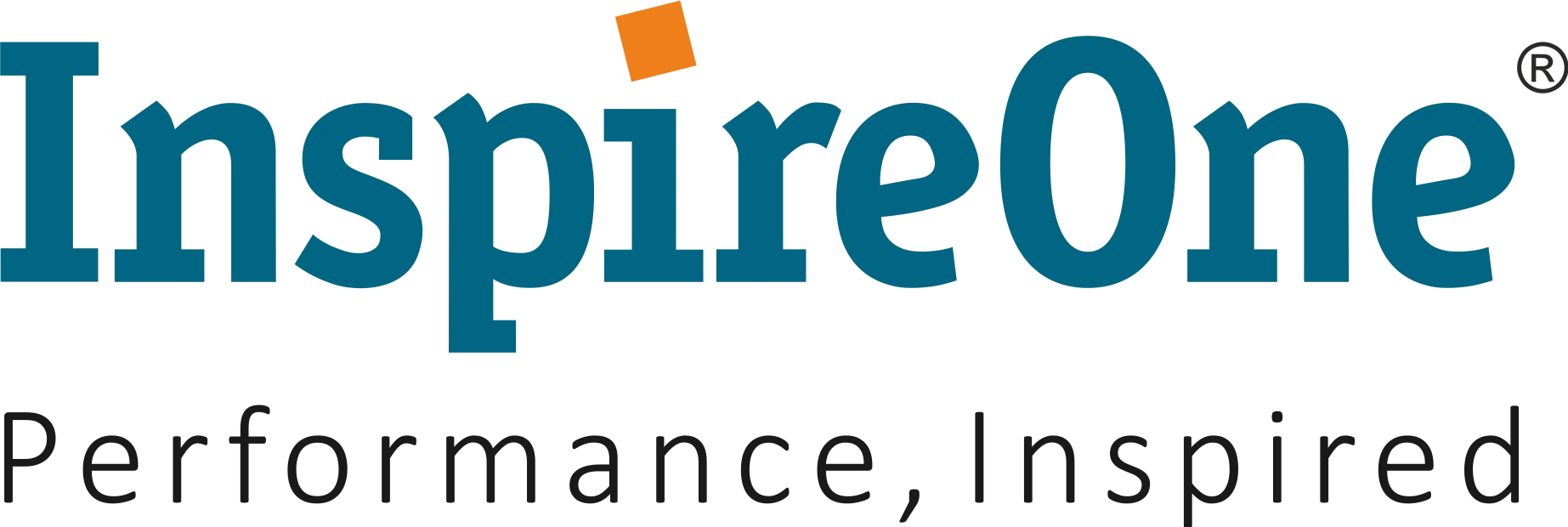The leadership landscape is a living organism that is constantly evolving to adapt to a changing world. This demands a recalibration of how we develop our leaders to equip them for emerging challenges and future-focused capabilities.
Leadership Training Programs can significantly positively impact employees and employers, promoting personal growth, mental health, and well-being, thereby enhancing engagement and effectiveness according to an HBR Article.
Contrary to popular belief, leadership isn’t just something you’re born with. Research suggests that leadership is about 30% genetic and 70% learned as cited in the Journal of Applied Psychology (2007). This means that leadership is not an inherent trait exclusive to a few, but a skill that can be learned and honed over time with the right training.
Most organizations know that one of the most important factors in determining success is the quality of the managers in the organization. In fact, research from Gallup found that 70% of the difference between great and poor workplace engagement can be attributed to the quality of the manager or team leader.
There, however, is a huge gap between knowing the importance of leadership development and implementing effective programs. DDI (2021) found that organizations with high-quality leadership development programs not only have higher-quality leaders, but a significantly stronger bench. However, only 11% of surveyed organizations reported they have a “strong” or “very strong” leadership bench, the lowest it has been rated in the past 10 years. This makes it imperative to have a strong pipeline of high-potential leaders through effective Succession Planning.
Furthermore, employees desire advancement: 94% would stay with a company that invests in their learning (LinkedIn Learning, 2020), and 76% prioritize continuous learning opportunities (SHRM, 2022). Internally identifying and developing talent helps conserve effort and time for them to be productive. So, how do we bridge the gap and ensure that training adds real value? The solution lies in understanding the changing leadership landscape. In 2024, effective leadership training programs will be shaped by the following key trends:
- Leading the Hybrid Revolution: Remote and hybrid work arrangements are no longer novel. They represent the new normal. According to research by Forbes, 12.7% of full-time employees worked from home in 2023, while 28.2% in a hybrid model. A startling 98% of employees stated that they would prefer to work remotely, at least occasionally. The age range of 24 – 35 is the most likely to work remotely. Of this group, 39% work remotely full-time, and 25% work remotely part-time. This implies that younger workers appreciate the freedom and flexibility that come with working remotely, which may have consequences for businesses looking to attract and retain this talent pool. This necessitates a new type of leader – one who can manage geographically dispersed teams or motivate employees back to work from the office as per the business demands.
Leadership training programs must provide leaders with the tools and techniques they need to foster a strong virtual team culture, communicate effectively across distances, and collaborate in a remote setting.
- Building Bridges Through Empathy: The days of stoic leadership are over. Leaders with high emotional intelligence understand and manage their own emotions, actively listen to understand, and develop strong relationships with their teams. InspireOne published a whitepaper on Emotional Intelligence in Indian Managers and found that EI is valuable for both, the employees, and financial returns for the organization. Studies suggest that EI increases employee retention by 400%, productivity by 40% and that ROI of EI interventions is nearly 1500%. You can read the insightful whitepaper here.
Leadership training programs must address all aspects of emotional intelligence (EQ), giving leaders the tools they need to navigate complex interpersonal dynamics and foster a sense of psychological safety within their teams.
At InspireOne, we employ PEQM™, a TMI tool designed to assess and develop people’s Emotional Intelligence. It is an online test developed by TMI. Designed by Claus Moller & Reuven Bar-On, the PEQM report accurately gives a statistical representation of the EQ of an individual which comes with a comprehensive workbook and full consultation feedback by a specialist consultant.
- Embracing the Power of Purpose: Employees today are looking for more than just a job; they crave a sense of purpose and connection, and leaders who communicate it effectively attract and retain top talent. But if the top team isn’t aligned, it can make leadership less effective by causing confusing, a lack of clarity about priorities, and low morale among employees. Think about how confusing it would be if different leaders had different ideas about what the organization’s goals and values are. Effective Leadership Training Programs should address this by incorporating modules on building top team cohesion, communication strategies, and aligning individual leadership styles around the core purpose. This creates a unified front that inspires not just employees, but also strengthens the overall effectiveness of your leadership team.
InspireOne brings extensive experience in conducting interventions and patented interaction process that develop supportive, inclusive, and collaborative behaviors in top team members. See the effective stages of the team interaction process here.
Leveraging 25+ years of expertise, InspireOne designs and delivers highly customized leadership training program journeys with measurable outcomes equipping leaders with future-proof skills to excel. With an in-depth needs analysis, and scientific assessments including Nature and Nurture assessments for the Leadership Insights of every participant, PEQM to gauge the Emotional Quotient we leave no leaf unturned. Check out our Leadership Training Programs now.
Reference:
- Psychology Today – https://www.psychologytoday.com/us/blog/the-squeaky-wheel/201502/can-leadership-be-learned-or-are-you-born-with-it
- Gallup – https://www.gallup.com/workplace/251642/manager.aspx
- DDI – https://www.ddiworld.com/global-leadership-forecast-2021
- Forbes – https://www.forbes.com/advisor/business/remote-work-statistics/
- HBR – https://hbr.org/2023/02/what-makes-leadership-development-programs-succeed







